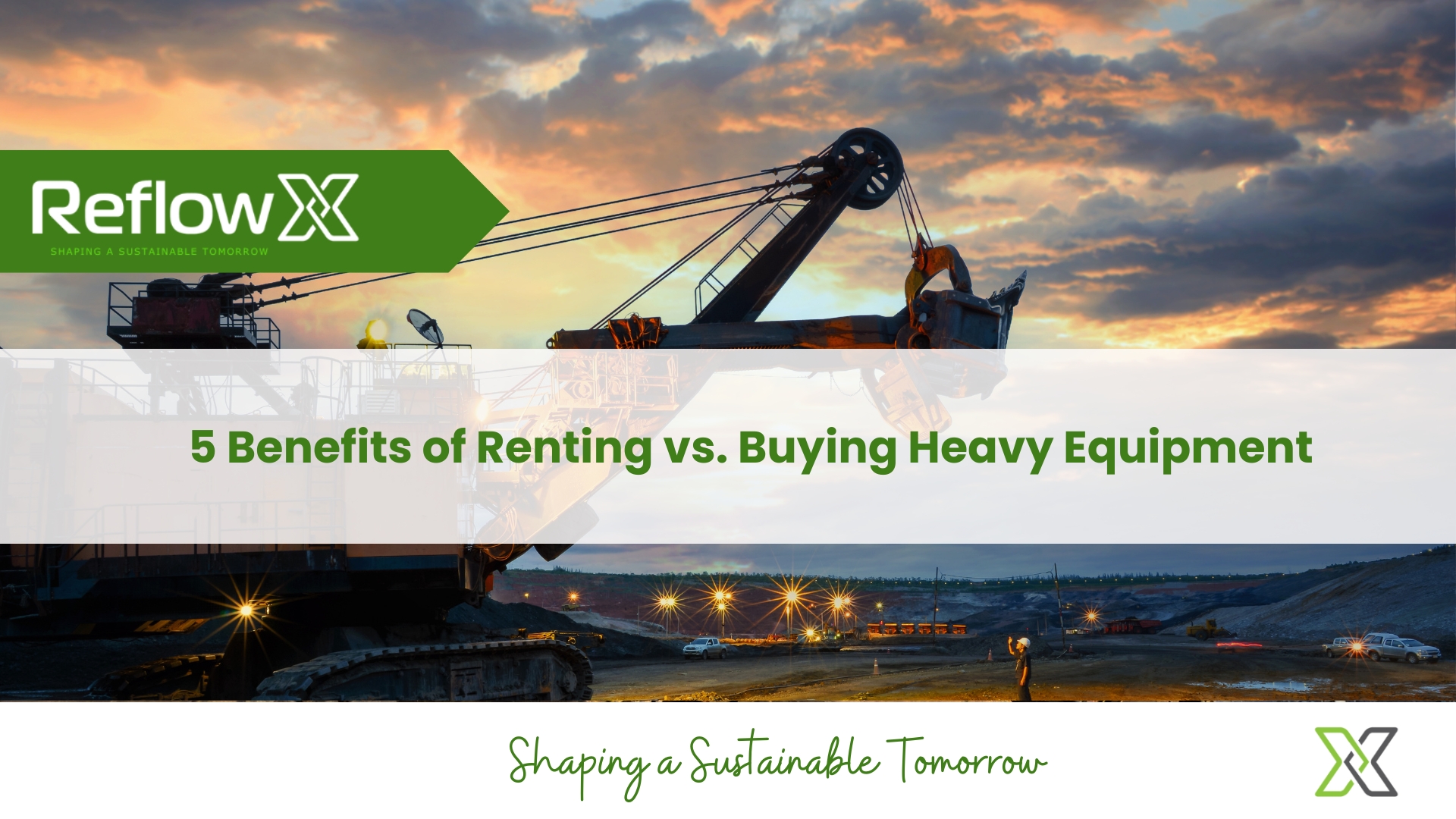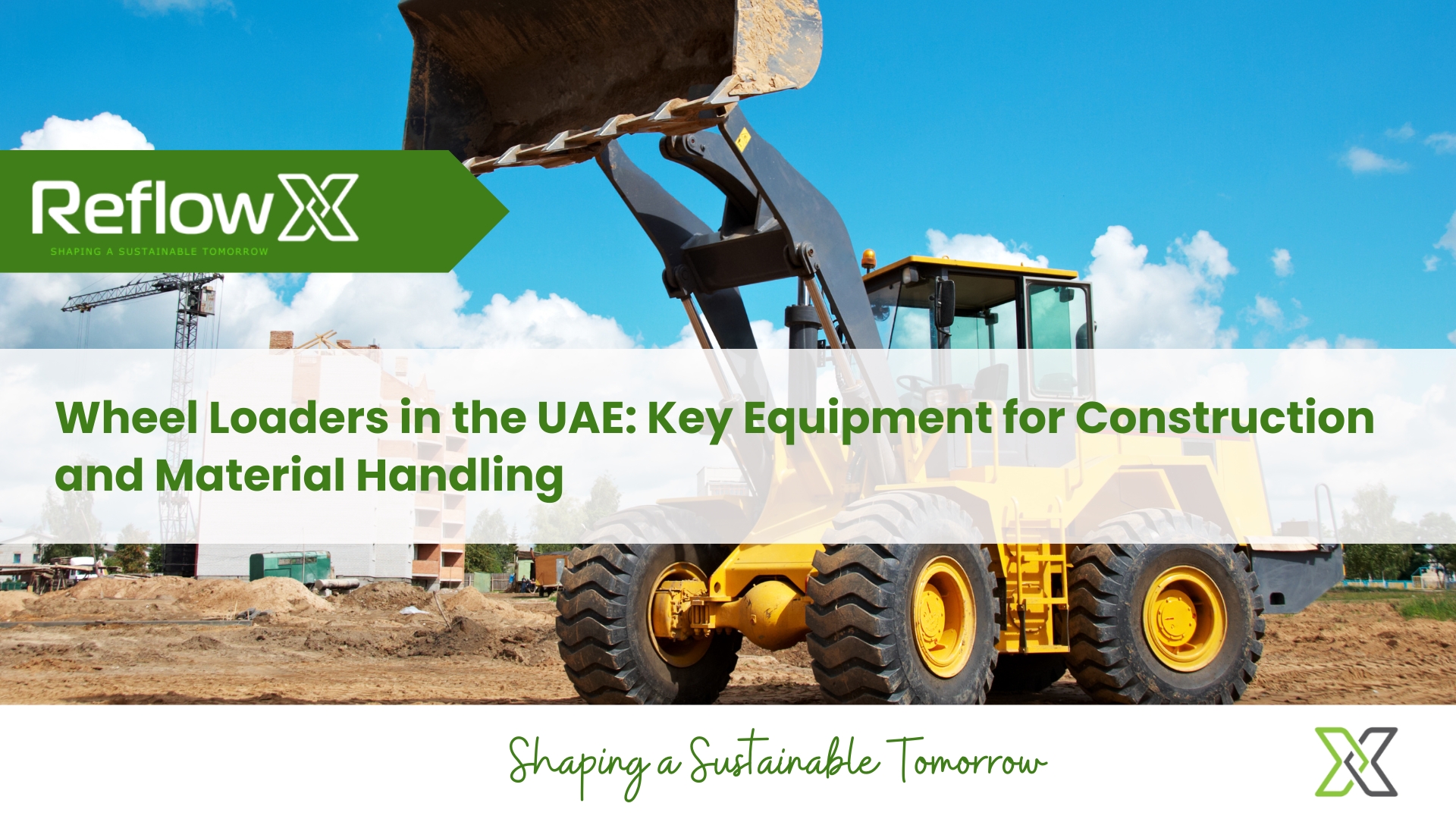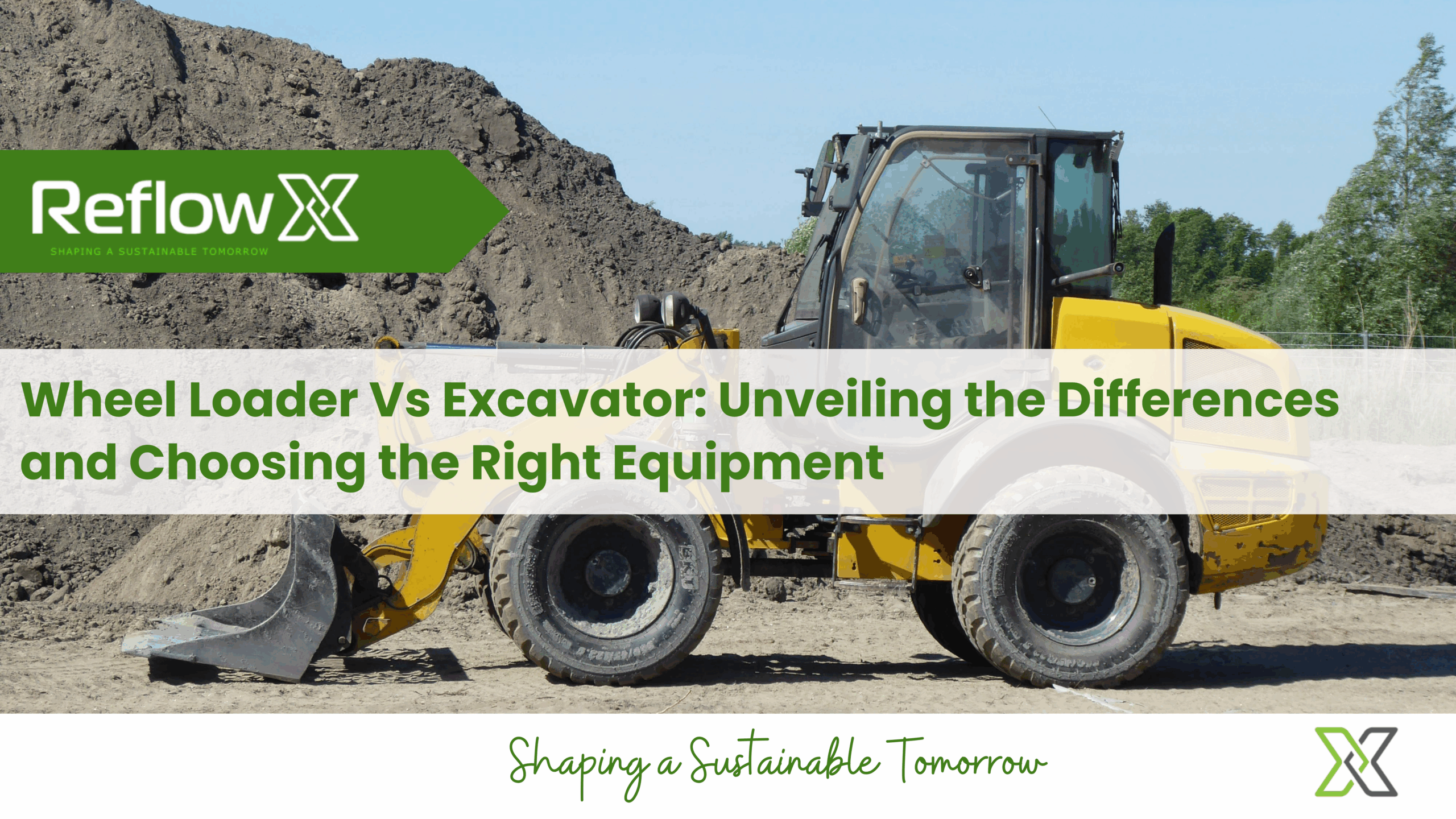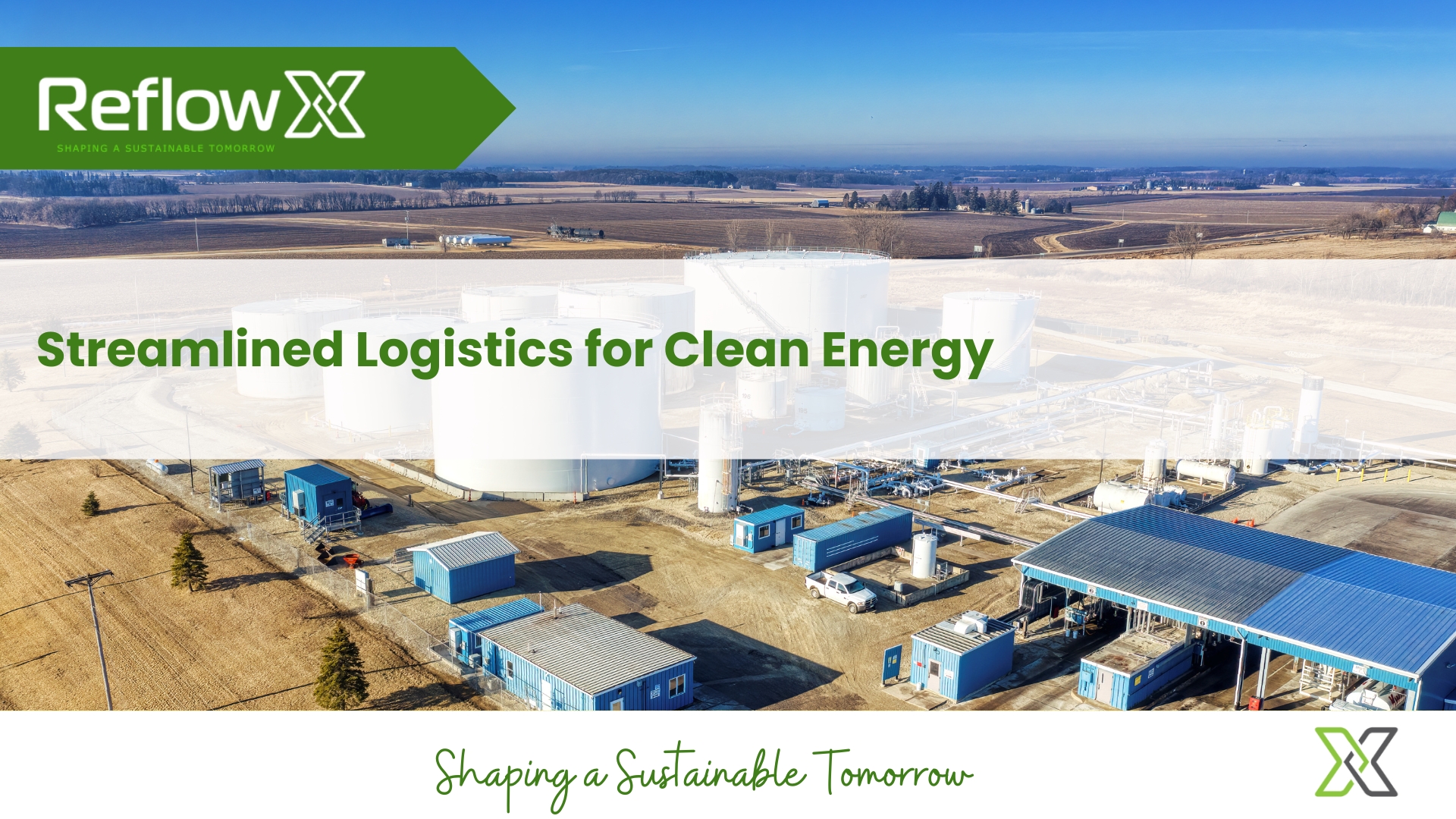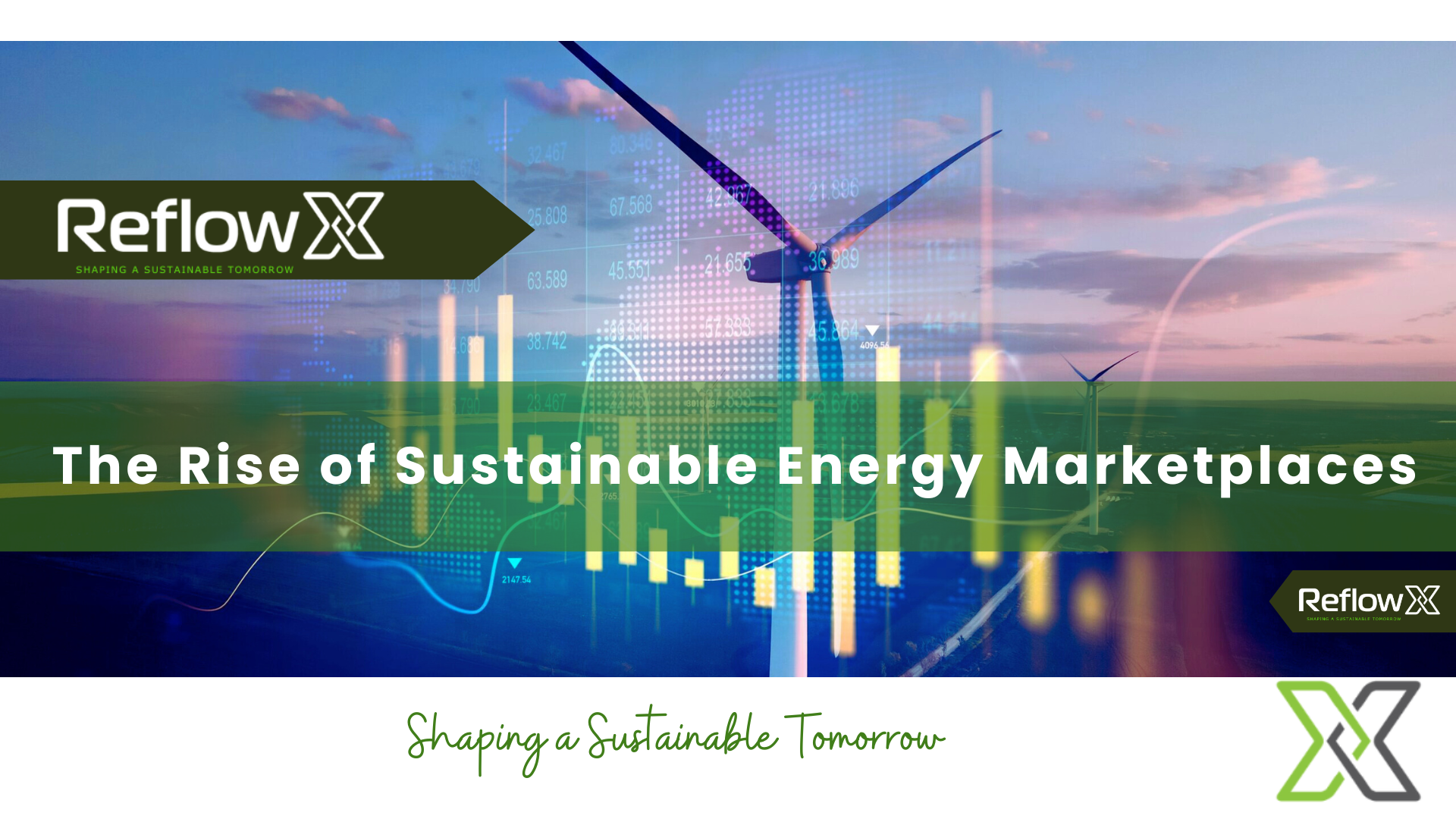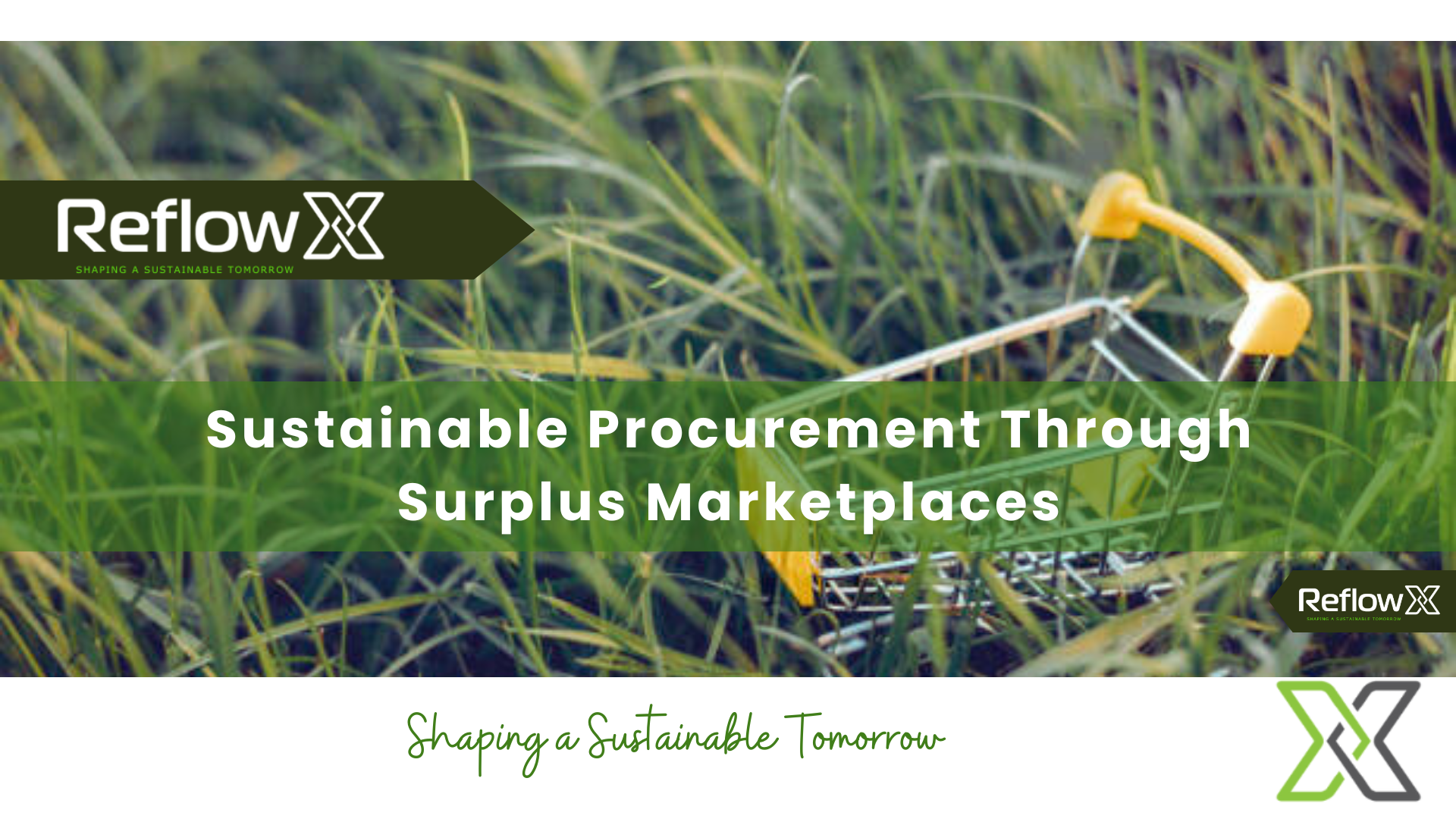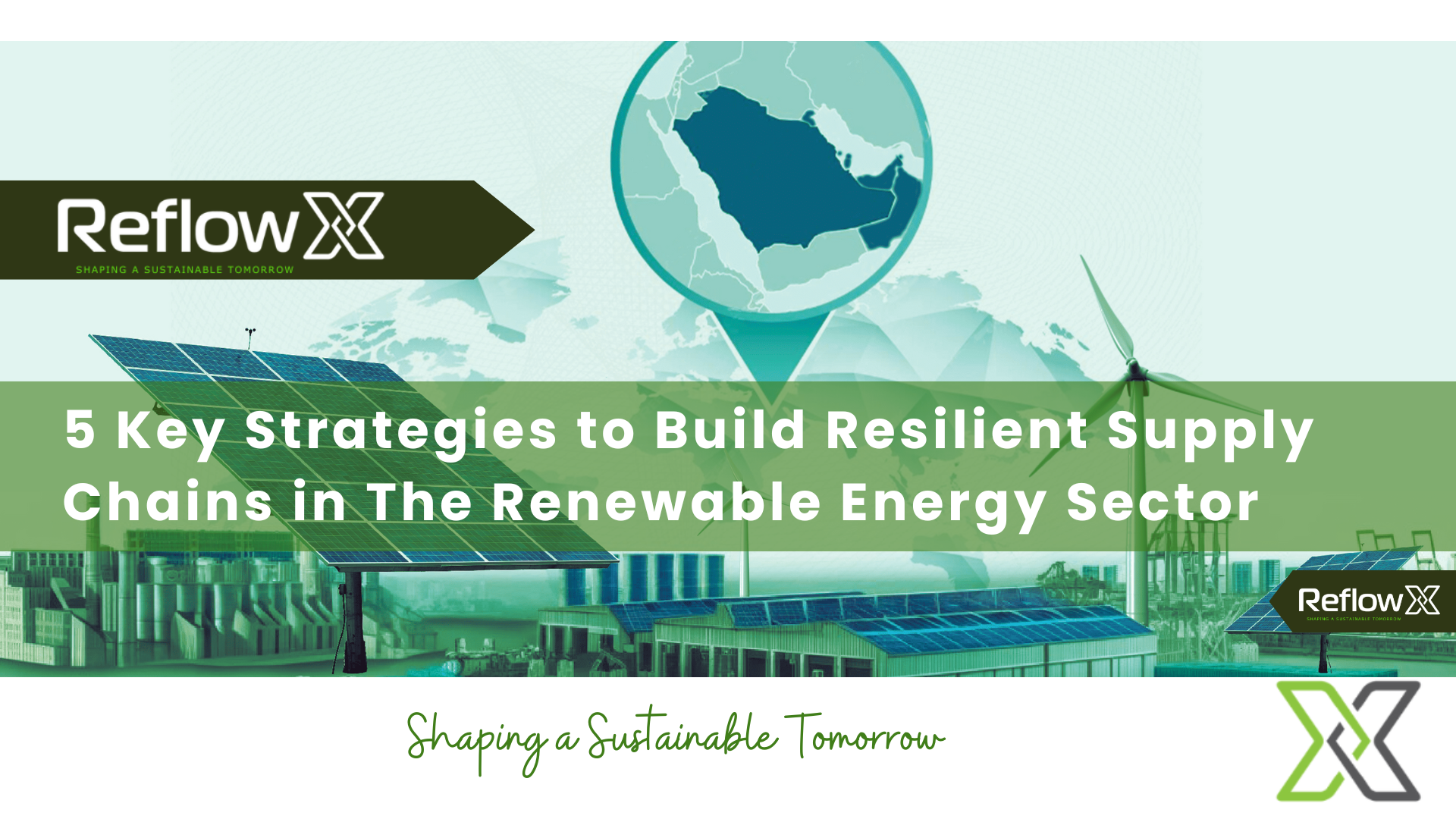
29 Dec 2025Read More
Genuine Perkins Spare Parts: How to Identify Original Components
Perkins is a name that carries weight in workshops and on construction sites. Engines branded with that name turn quietly for thousands of hours, powering cranes, cooling systems, and back-up electricity blocks. The reputation rests on design, materials, and quality control. Replace even one element with a low-grade substitute and the chain of reliability loosens. […]

